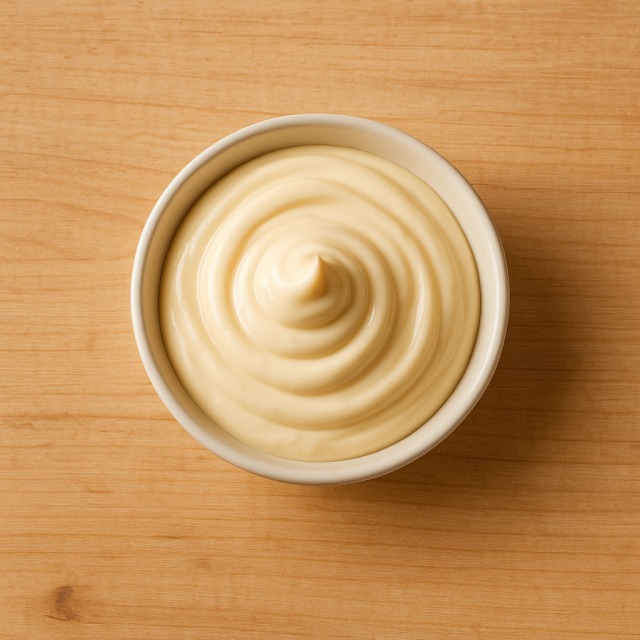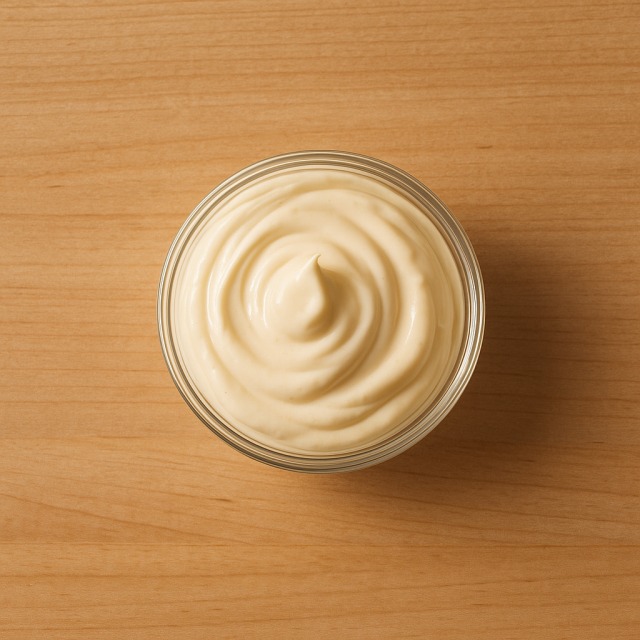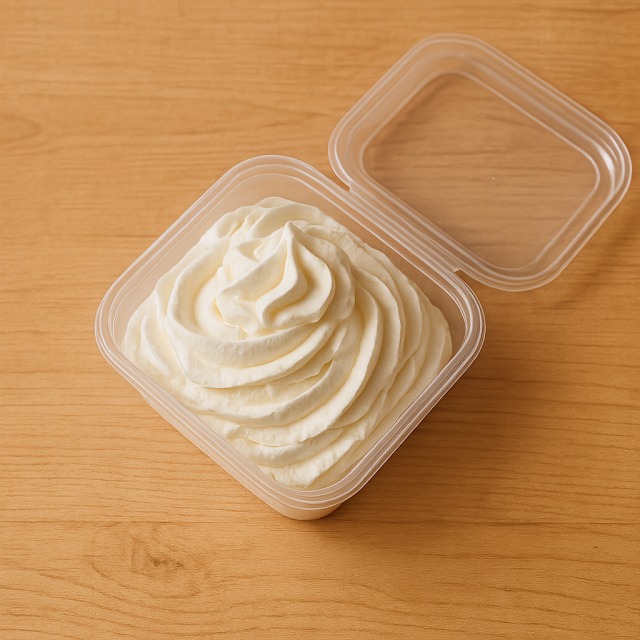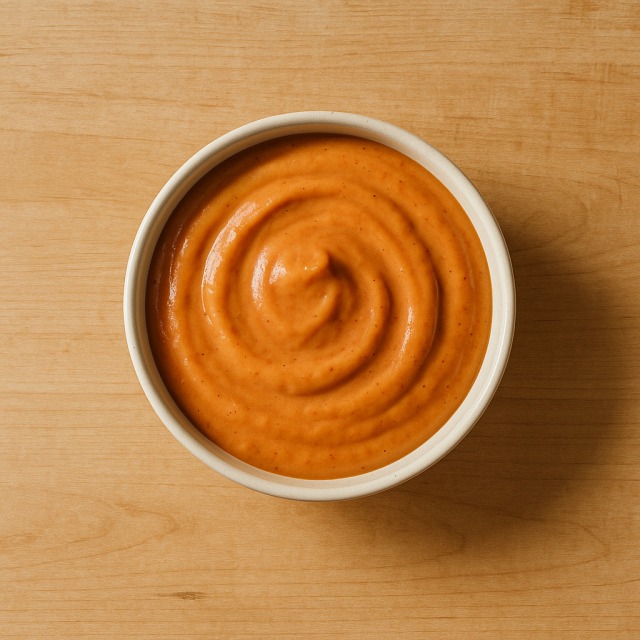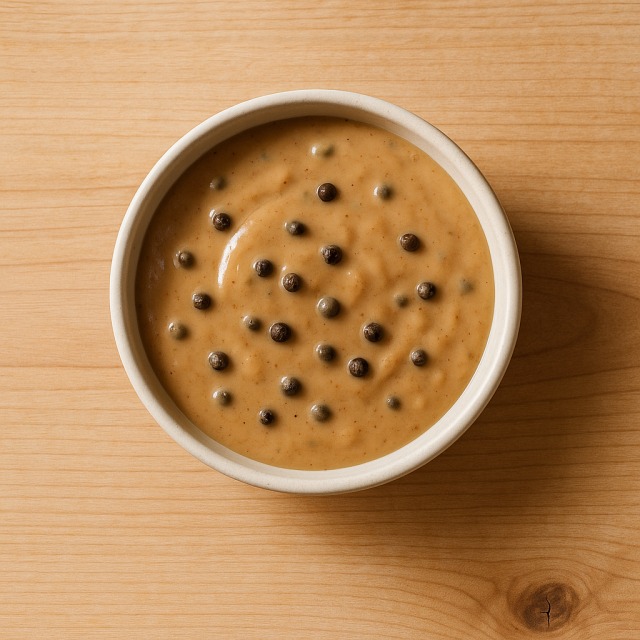Calorie Chart / Seasoning & Sauces / Mustard
How Many Calories Are in Mustard?
Calculation of the nutritional value & Recommended Dietary Intake of mustard
For g and a calorie requirement of kcal
| Calories 7 kcal | Proteins 0.3 g | Lipids 0.5 g | Carbohydrates 0.3 g |
| 0% | 0% | 1% | 0% |
Health benefits of mustard

Mustard - 100g
Calories 134 kcal
Proteins 6 g
Lipids 10 g
Carbohydrates 5 g
Made from finely ground seeds, mustard is a condiment that gives a lot of flavour for surprisingly few calories when used in normal spoonful portions. Per 100 g, it is considered a moderate-calorie food, but because only a small dab is usually eaten, it can help you keep your daily calories under control while still stimulating the palate.
The seeds supply selenium, magnesium, phosphorus, and iron, plus B-group vitamins such as niacin (B3) and pyridoxine (B6). This micronutrient profile supports normal energy metabolism, which again links back to how the body handles calories. Mustard also contains glucosinolates, notably sinigrin; these sulphur compounds are being studied for supposed antioxidant and detoxifying effects ("supposed" because evidence is still emerging).
Thanks to natural allyl-isothiocyanate, mustard can have a thermogenic action that may slightly raise energy expenditure, meaning you potentially burn a few more calories after a spicy meal. Finally, its intense taste has been shown to enhance satiety signals, which can help people who need to monitor their calories to avoid overeating. All these points make mustard a smart way to season low-calorie salads, steamed vegetables such as broccoli, or lean proteins without adding many extra calories.
Tips for incorporating mustard into a balanced diet
For a quick low-calorie vinaigrette, whisk one teaspoon of mustard with apple cider vinegar, a touch of water, and a tablespoon of extra-virgin olive oil; this dressing brings big taste but minimal calories compared with ready-made sauces. Drizzle it over mixed greens or sliced cucumber.
Create a honey-mustard glaze for oven-baked salmon: mix mustard, a hint of honey, and lemon juice, brush over the fillet, and roast. The strong flavour lets you limit added fat, keeping total calories reasonable while boosting proteins and omega-3.
Mustard is excellent in a yoghurt-based marinade for grilled chicken breast. The lactic acid tenderizes the meat, and the pungent notes help you enjoy a balanced plate alongside steamed potato wedges instead of French fries, cutting calories yet keeping satisfaction high.
In general, replace high-fat mayonnaise with a spoon of mustard in sandwiches or wraps. You will slash calories, maintain moisture, and add depth of flavour. Remember to taste before adding salt: mustard is naturally savoury, another trick that saves you from flavouring foods with butter or cheese that would otherwise raise calories.
Frequently Asked Questions
- How many calories in mustard?
- Mustard provides 134 kcal per 100 g.
- Is mustard good for weight-loss diets?
- Yes. Because a normal serving adds only a few calories, mustard helps give dishes character without the hidden calories found in creamy dressings or in mayonnaise.
- Does cooking mustard change its calories?
- The cooking process does not significantly alter calories, but prolonged heat can soften its flavour. Add it at the end of cooking to preserve taste without affecting calories.
- Which type is lower in calories: Dijon or whole-grain?
- Both styles contain roughly the same calories per 100 g; differences are marginal and depend more on added sugar or wine. Portion size remains the key factor in controlling calories.
- Can people with lactose intolerance consume mustard without worrying about calories?
- Standard mustard is naturally lactose-free and gluten-free. It lets you season foods while keeping calories in check and avoiding dairy.
Similar foods
Information provided by Calorie Menu may contain inaccuracies or errors. It cannot, under any circumstances, substitute medical advice or medication.
